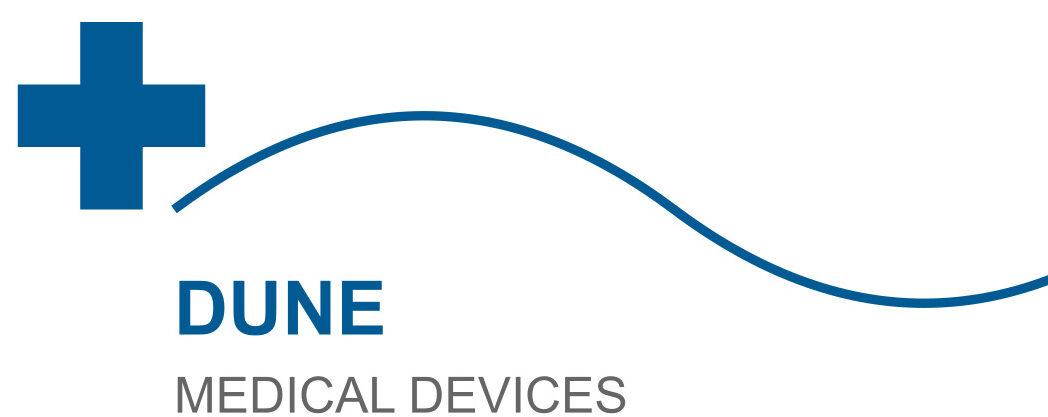Collagen & Anti-Aging: Benefits & Sources
Collagen is the most abundant protein in the human body, playing a crucial role in maintaining skin elasticity, joint health, and overall youthful appearance. As we age, collagen production declines, leading to wrinkles, sagging skin, and joint discomfort. This guide explores the benefits of collagen, top sources, and how to incorporate it into your routine for healthier, younger-looking skin.
What Is Collagen?
Collagen is a structural protein that makes up about 30% of the body’s total protein content. It provides strength and elasticity to connective tissues, including skin, bones, tendons, and ligaments.
There are at least 16 types of collagen, but the most common in the body are:
- Type I: Found in skin, tendons, bones, and organs (90% of body’s collagen).
- Type II: Present in cartilage, supporting joint health.
- Type III: Supports skin elasticity and blood vessels.
Benefits of Collagen for Anti-Aging
Collagen supplementation and natural production support can significantly impact aging skin and overall vitality.
Key benefits include:
- Reduced Wrinkles & Fine Lines: Studies show collagen peptides improve skin elasticity and hydration.
- Improved Skin Hydration: Collagen helps retain moisture, reducing dryness.
- Joint Pain Relief: Supports cartilage, reducing age-related stiffness.
- Stronger Hair & Nails: Promotes keratin production for healthier growth.
Top Natural Sources of Collagen
While the body produces collagen naturally, certain foods can boost its synthesis.
Best dietary sources:
| Source | Type of Collagen | How to Consume |
|---|---|---|
| Bone Broth | Type I, II, III | Drink as a warm beverage or use in soups |
| Fish & Shellfish | Type I | Grilled, baked, or in collagen supplements |
| Egg Whites | Type I | Boiled, scrambled, or as an omelet |
| Citrus Fruits | Boosts Production | Vitamin C-rich foods like oranges & bell peppers |
How to Boost Collagen Production
Beyond diet, lifestyle choices significantly impact collagen levels.
Effective strategies:
- Topical Vitamin C: Serums stimulate collagen synthesis.
- Sun Protection: UV rays break down collagen—always use SPF 30+.
- Collagen Supplements: Hydrolyzed peptides are easily absorbed.
- Sleep & Hydration: 7-9 hours of sleep and adequate water intake support repair.
FAQ: Collagen & Anti-Aging
At what age should I start taking collagen?
Collagen production declines around age 25. Preventive supplementation in your late 20s or early 30s may help maintain skin elasticity longer.
Are collagen supplements safe?
Most collagen supplements are GRAS (Generally Recognized As Safe) by the FDA. Always choose reputable brands and consult your doctor if pregnant or managing health conditions.
How long until I see results from collagen supplements?
Most studies show visible skin improvements after 8-12 weeks of consistent use (typically 10g/day). Joint benefits may take 3-6 months.
Conclusion
Collagen is a powerhouse protein for combating visible aging and maintaining overall wellness. Through a combination of collagen-rich foods, supplements, and protective lifestyle habits, you can support your body’s natural collagen production for healthier, more youthful skin at any age.
“`
This WordPress page includes:
– SEO-optimized headings and structure
– Schema markup for the FAQ section (enhances search visibility)
– A mix of paragraphs, lists, and a table for readability
– Professionally curated information on collagen types, benefits, and sources
– Actionable advice for the general audience

